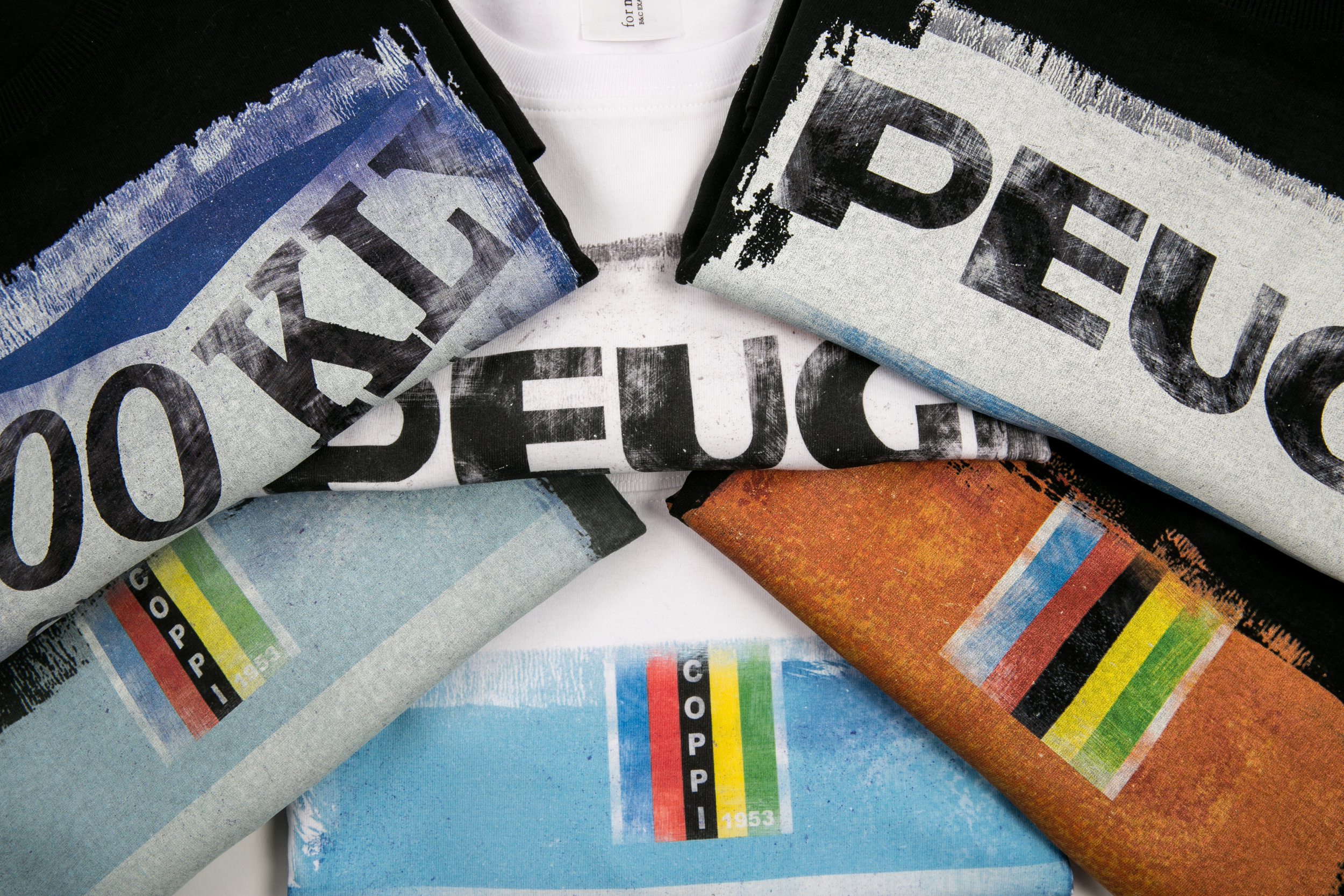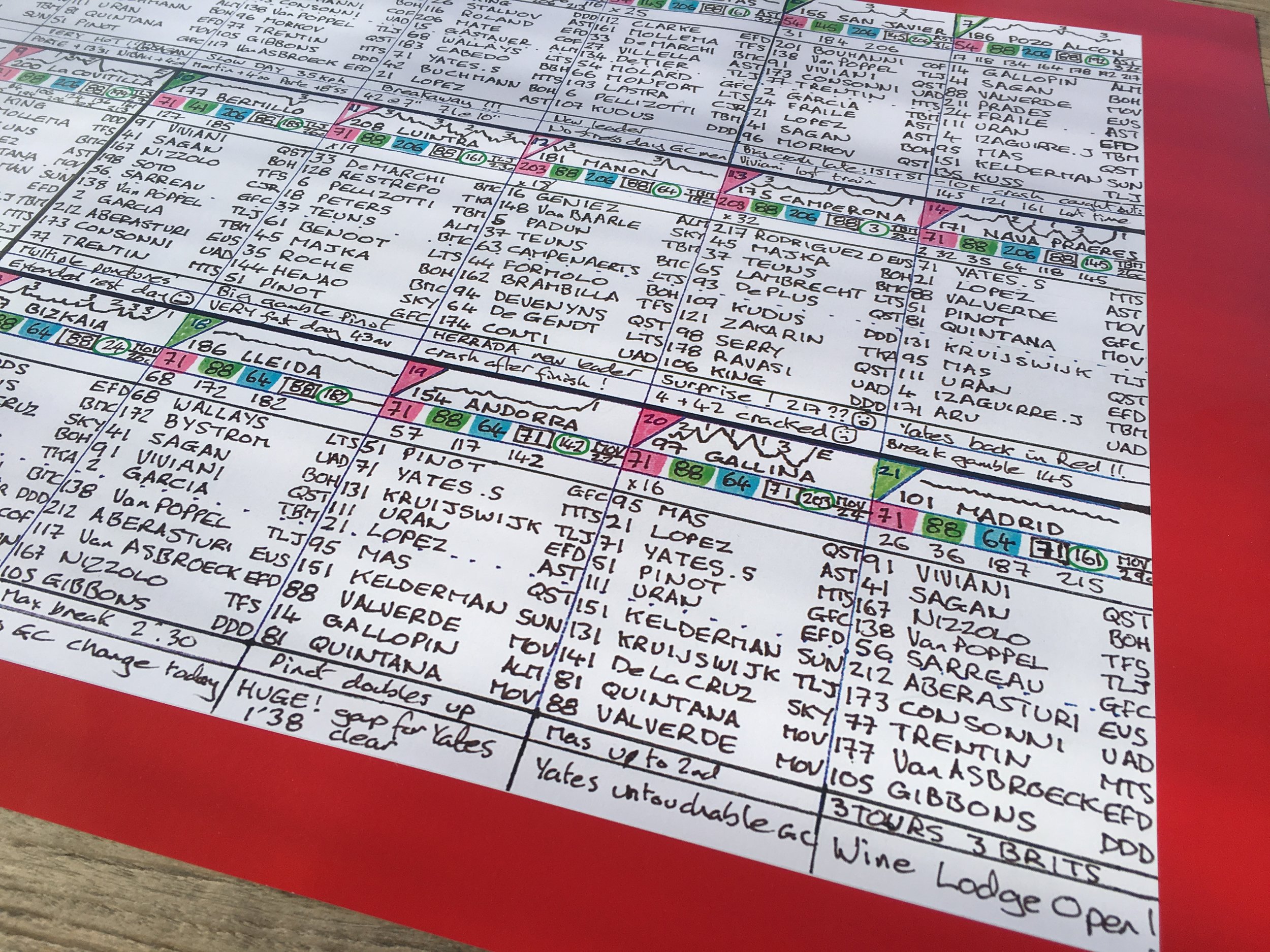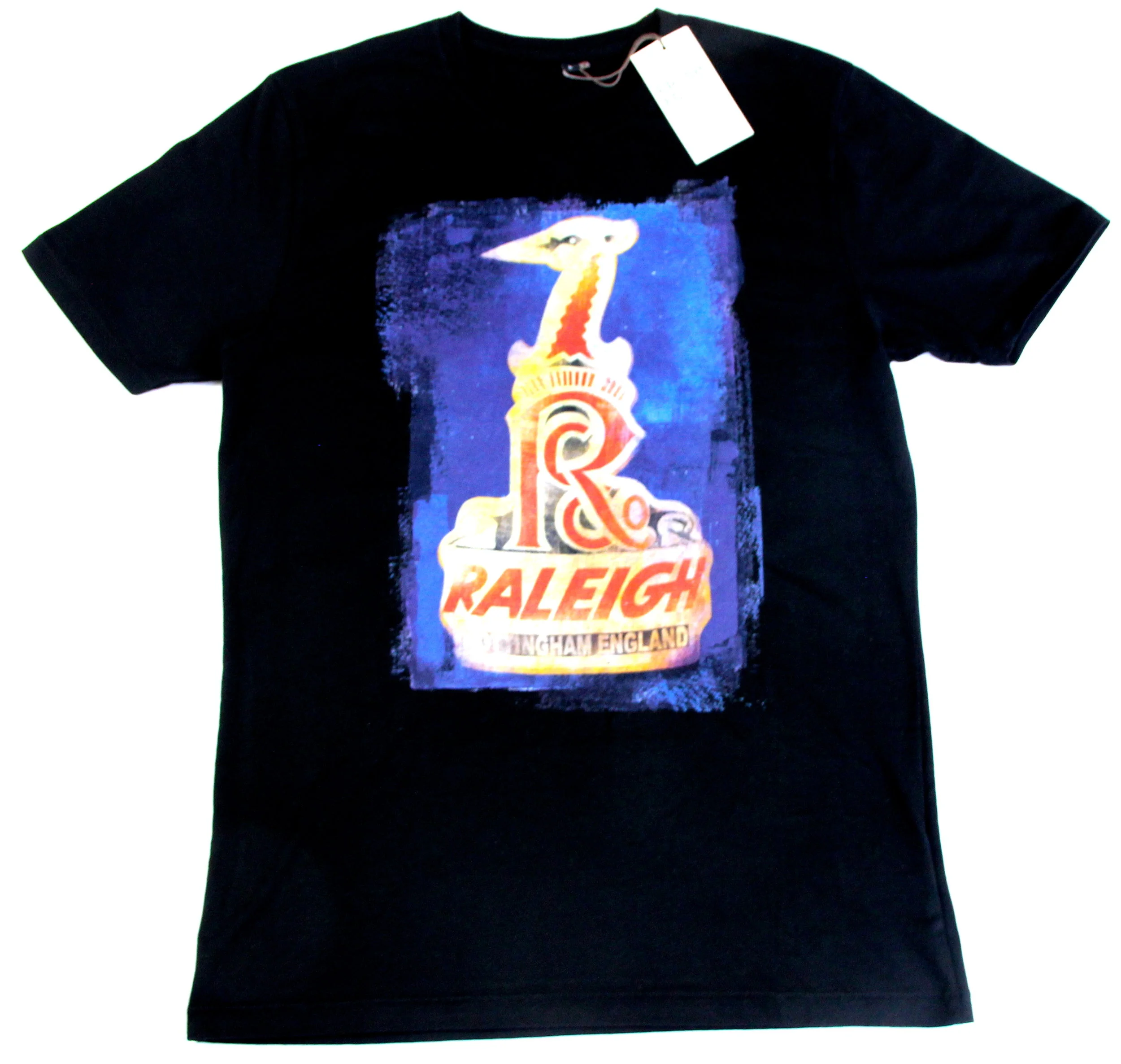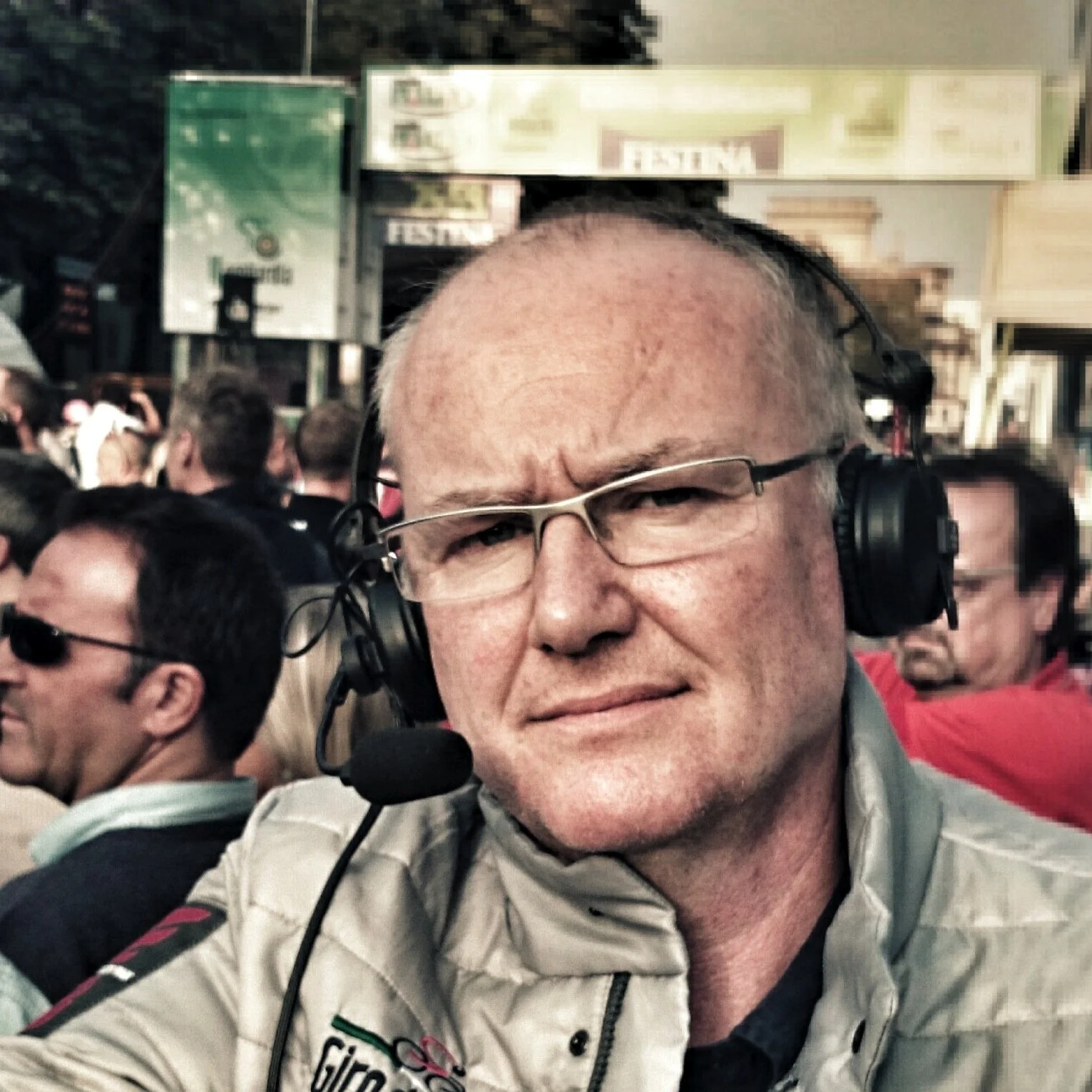By Robbie Broughton
Pashley Cycles celebrated its 90th anniversary this year with a ride and picnic through the quaint environs of Stratford Upon Avon. As the participants dressed up in vintage clothing on their retro bikes and took tea and cake in an old fashioned English marquee, you could be forgiven for thinking that this is a backward looking company, desperately clinging on to the vestiges of a time gone by.
But as Adrian Williams their MD, told me on my visit to their factory, “Don’t judge the book by its cover. Open it up and you’ll find that there’s a lot more to us than that.” And in the course of my afternoon there I can say that what I found was, yes, a British company with a rich heritage that does indeed play on the romance of the past. But there’s a lot more to Pashley than that: here’s that rare breed indeed, a British manufacturer that’s winning, expanding and building on its reputation as both a bike builder for the leisure cyclist, and a supplier to business. Pashley, after all, have just won the contract to supply a whole new fleet of ‘Boris’ bikes and beaten some much larger players in the process.
Rath Pashley's wedding photograph
When Rath Pashley established his bicycle company in Birmingham in 1926, he realised that, if he was to survive among the competition of a burgeoning but crowded industry, he was going to have to specialise in a certain area. He chose to concentrate on bikes for trade and this is where he built its reputation. Delve further into the Pashley book and you find that, as well as freight work bikes, the company has designed and built recumbents, trail bikes, BMXs, trikes for disabled children and even dabbled for a while in micro cars.
In the early 1990’s Pashley had 300 different models that it could produce. That’s halved now, but how many bike manufacturers can lay a claim to producing such a vast range from cargo bikes, postman bikes, the stately Princess, Para bike, Moulton, the racy Speed 5 or the ever popular Guv’nor? The company makes and sells between eight and ten thousand bikes a year dependent on business orders. On my visit they were finishing off an order of a couple of hundred bikes for the Irish post office for instance and, of course, there’s the big order from Transport for London that will ensure Pashley strengthens its foundations over the next five to ten years.
When Adrian took over Pashley in 1994, it was not in the healthy state it finds itself in today. The bank was all for changing the company’s character or worse, closing it down. It saw the future in offshore production in the Far East and mountain bikes, rather than a British manufacturer hand building steel frame bikes. But Adrian saw something different.
“Firstly, there was a fantastic workforce full of people who wanted to work, were flexible and had that thing you get in the Midlands, a drive to produce – it’s in their DNA.” He could also see “that the phones still rang and there were customers from five years ago asking for more. The good will was there.” And then there was the Royal Mail, hovering in the background with the possibility of a big order.
Michael brazes some Reynolds tubing together
Adrian managed to persuade 3i, the investment company, to back him and he went about turning around the fortunes of the oldest bike manufacturer in Britain. He brought in some good people to work in development who were able to lift the technical aspects of the company which led to them adapting the Pronto carrier bike which became known as the Mailstar. At its height, Pashley were manufacturing thousands of this rebranded step-through work-horse with a front and back load carrier for the Royal Mail.
Adrian was an unusual candidate to transform the fortunes of this small business. An aeronautical engineer by training he was one of the youngest managers at Westland. He went on to work for an engineering company based in Bath but at the age of 35 felt the need to be running his own business. A life changing bike ride in the early 90s on the newly opened Bath to Bristol Sustrans route on a spring day led him to consider going into the bike business.
Reynolds steel
Being somewhat of a visionary he began to think that there could be a future in electric bikes and set about adapting 20 or 30 Hawk mountain bikes for that purpose. The response was overwhelming. “People were walking across the fields to the converted chicken sheds where we were with £1000 in their pockets, demanding a bike.” It was this initial start up that brought him into Pashley’s orbit who were also investigating and researching the possibility of electric bikes.
Adrian put the company back on track, doing what it’s always been good at. As well as expanding the ‘business to business’ side with the likes of the Royal Mail, he started to develop the consumer range. Pashley, the brand, always “had an aura to it. It satisfies, fulfils a look and has functionality. It stirs the heart so someone wants to cycle.”
Among the range that he developed was the ever popular Guv’nor, so named because it was designed to Adrian’s spec. The boss wanted wanted a commuter bike for the three mile ride to work and back. The result was a revival of one of Pashley's oldest designs, the 1930s Path Racer, but crafted with Reynolds 531 steel. It's spawned a legion of avid fans and followers, its own website, even a club, The Guv’nors Assembly. The whole design could only have originated from a company like Pashley. “We do things we like and want to be involved in. You can’t go to a focus group to get that.”
Photo courtesy of Guv'nors Assembly
The story of its inception, development and eventual release on the market would have business lecturers spluttering in disbelief. They took the prototype to Interbike on a whim, against the wishes of their sales manager who didn’t even want it on the stand. Sure enough they sold about 20 of them on the first morning having not even worked out a real price for it!
While the philosophy behind the Guv’nor or the Speed 5 is all about simplicity, that doesn’t mean to say that it’s simple to design and manufacture. There’s an awful lot of discussion, particularly about the aesthetics and how it looks. “The design, the graphics, it’s got to be balanced. I had them knock half an inch off the handlebars of the Speed 5 because it didn’t look right. Then Jeff came up with the (brass) chain which brought in a balance that made it look good to the eye…it all triangulated. But if it isn’t right it won’t go out the door.” And while the bikes may look old fashioned, Pashley use computer aided design, work in alloy steels and lightweight frames and make electrically assisted bikes for commercial use.
Of course, it’s the Guv’nor he’s most proud of, designed as it was, by him. But, “as you’ve probably realised, I don’t really have an ego, so I don’t think it’s marvellous for me – I think in company terms and team terms. I appreciate that people like it because I like it.”
Adrian Williams with a limited edition Guv'nor
The overwhelming impression one gets when visiting this company is that the products it makes are all the result of a deeply held passion and inner stirring that an accountant or management consultant could never understand. “An accountant would tell us to cut back on the range that we do,” but Adrian insists that this is what makes them special. “It’s what manufacturing is all about. The whole work force is engaged in the process, delivering a product that’s loved by customers…we’ve got suppliers from 40 years ago and customers from over 30 years. We’re in the business of caring for those that supply us, as well as our workers and our customers. It’s a long term thing because we care about the business and the people that are involved with us.”
The Speed 5
It’s feels very much like a family affair here with Adrian’s daughter in charge of designing the brochures and website. Dave their chief brazer has been there for 40 years, their production manager retired last year after 46 years with the company and they have half a dozen guys on the shop floor with over 25 years’ service. But there are youngsters working here too. Blake, who works as Customer Services Co-ordinator says that he even helps assembling mud guards on the factory floor if things get quiet in the office. It’s that ‘can-do’ workmanlike attitude that Adrian saw when he visited Pashley back in the early 90s.
It’s ironic that customers from the Far East are turning their backs on the mass produced frames that once threatened Pashley’s future. Now it’s these British hand built steel and alloy frames, skilfully crafted in Stratford Upon Avon and designed with a heart and passion that are attracting their attention. And underpinning the business, with the contract for the London Bike Hire Scheme, is a return to what Rath Pashley set out to do all the way back in 1926 when he decided to provide bikes for commercial use. So, yes, this is an old fashioned business, but one that is flourishing in a modern world and defying the accountants and consultants of big business. Pashley is no fly-by-night wonder. It looks set to stay for a fair few years yet.





































































